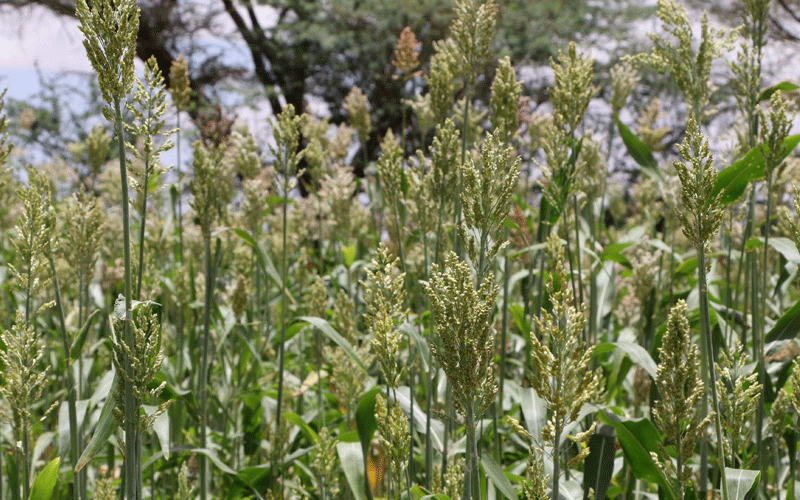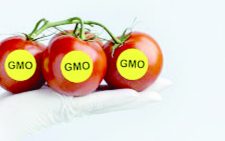Retracing abandoned pathway to proper food security

As the centre bolt in socio-economic development, food security remains an area that demands constant evolution and transformation.
However, previous changes have led to enormous challenges occasioning the urge for global food systems transformation.
To better address the food system transformation process, there is a need to understand when, where and how the world veered away from the road to food security.
Fredrick Hayek’s 1944 work, The Road to Serfdom elucidates key moments when the world started moving away from the right track.
To this end, the world wars contributed greatly to disruption and stagnation in food production and distribution, but the structures and institutions created after the wars have had a greater negative impact on food production, processing, distribution and consumption.
Hayek’s main argument, and reiterated by William Easterly in Tyranny of Experts, is that individual freedom is the anchor of human ingenuity and innovation; depriving people and regions of this element limits chances for equitable and sustainable development.
The Structural Adjustment Programs (SAPs) policies propagated by the World Bank and International Monetary Fund from the 1980s in the global south contributed immensely to the failure of the Agri-food sector.
This trend continued and culminated in the 2007-08 world food crisis. With climate change together with other factors, worse could be expected.
It is worth noting while the SAPs sought to raise efficiency and effectiveness by allowing individual and private enterprises to run the agri-food sector; the opposite was achieved due to externalities. Such include underdeveloped key infrastructure—roads and electricity.
Further, international experts forwarded by the Brettonwood institutions to advise governments ignored value systems and networks of the people living in regions where the policies were being implemented.
Dissolving the network established by governments and communities to run the agriculture sector prior to the SAPs proved to be most disastrous.
Long after the SAP policies were discarded, monumental challenges still face the food systems.
With climate change compounding food insecurity prospects; there is need to retrace the source of the problems and address them.
Given that whoever controls the economic activity decides who and which needs are to be satisfied, the need for empowering agri-food local agents through policies that promote entrenchment of freedom is essential.
Establishing policies and institutions that promote individual and local initiatives must form the foundation of the food systems transformation process.
Furthermore, global agri-food trade policies are seen as a way to promote efficiency in the food systems; however, the debate on how unfettered operations of monopolies in the food systems could deprive regions and individuals freedom must be encouraged.
Reports of health crises occasioned by consumption of unhealthy food reveal how far the world has gone off track to food security.
As the debate on transforming the food systems takes place, an important emphasis is put on the peculiarity of regions and individuals to produce unique safe and nutritious food. For this to happen, policies that promote competition are mandatory.
Given the intricate nature of agri-food policies, proper coordination must be encouraged.
This will include diplomatic effort to resolve conflicts that arise from different actors.
It is imperative to undertake an audit of the food system transformation process, to eliminate bottlenecks to designing inclusive policies.
Therefore, a deliberate effort to rethink policies in the agri-food sector is essential.
From the UN bodies to local governments, policies must not confer disproportionate advantage to monopolies but rather encourage health competition through redesigning new inclusive and sustainable policies.
For the world to retrace its footsteps back to the right road to food security, regional and individual ability to produce safe and nutritious food must be taken into account in formulation and implementation of policies. – Writer is International Food Policy Analyst















